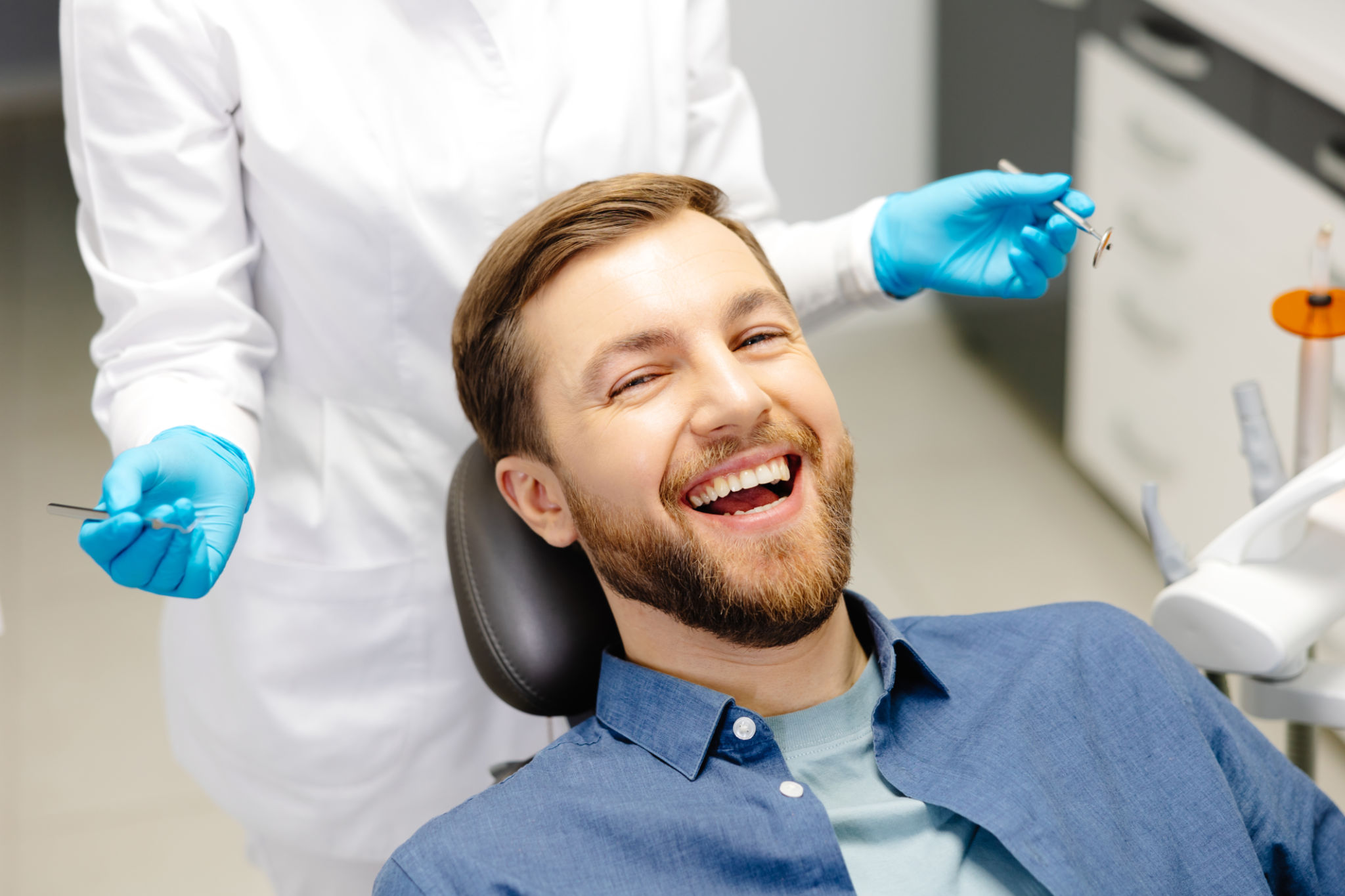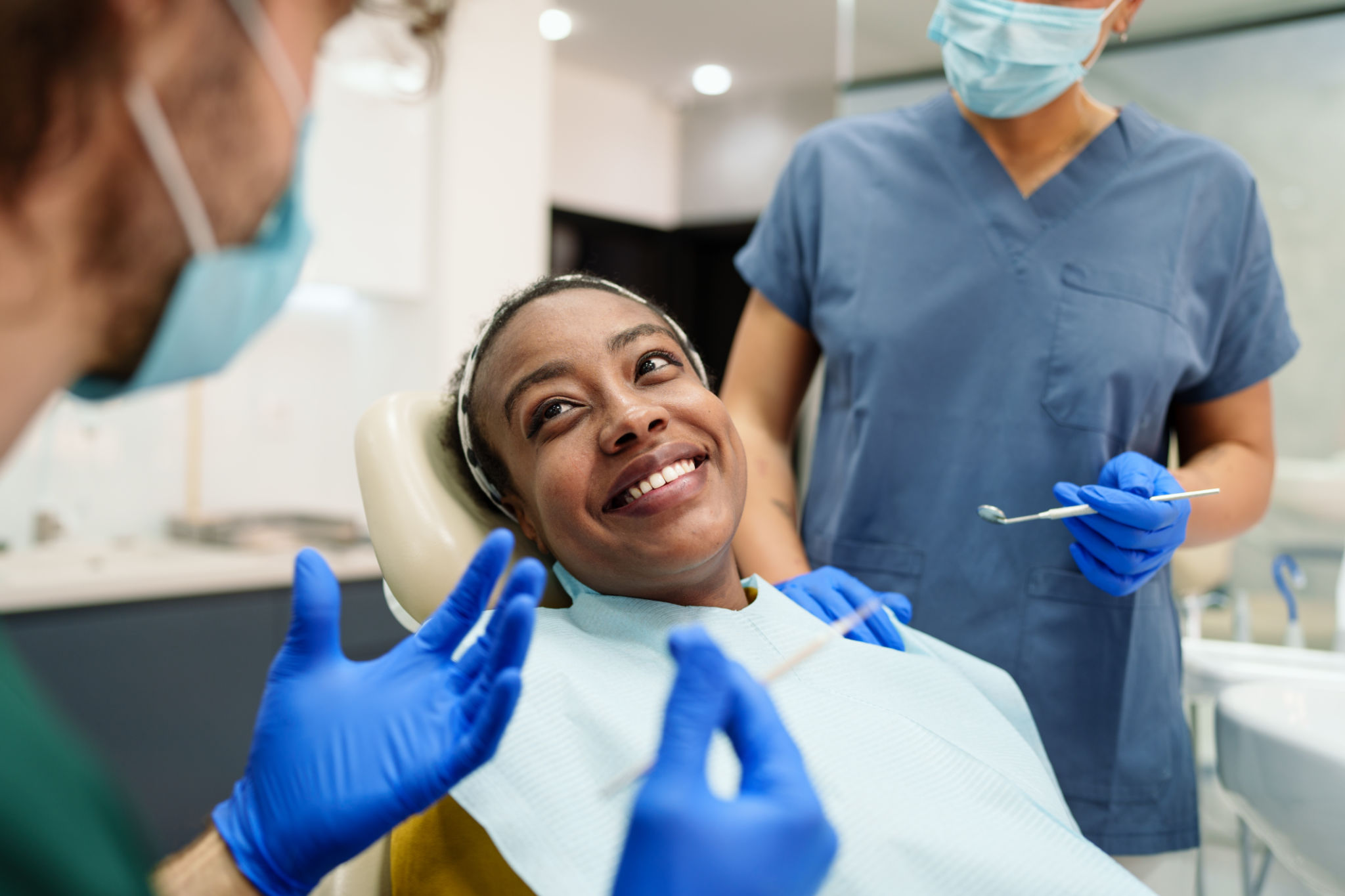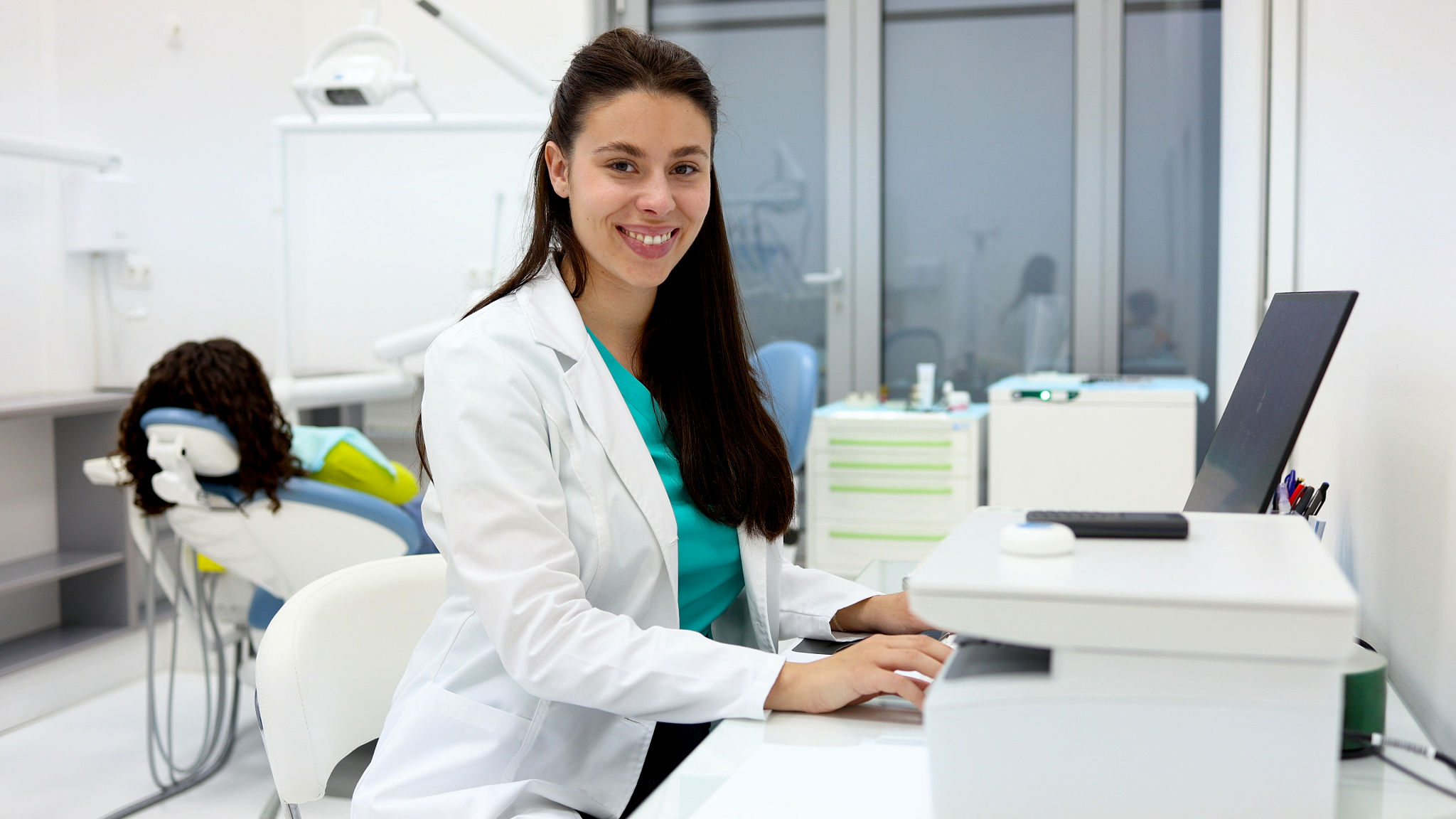The Ultimate Guide to Professional Dental Equipment Maintenance
Introduction to Dental Equipment Maintenance
Maintaining professional dental equipment is essential for ensuring the safety and efficiency of dental practices. Proper maintenance not only prolongs the life of the equipment but also guarantees optimal performance, reducing the risk of malfunctions during critical procedures. This guide will provide you with comprehensive insights into maintaining your dental equipment effectively.

Daily Maintenance Routines
Daily maintenance is crucial for the longevity and reliability of dental equipment. After each patient, it is essential to clean and disinfect all tools and surfaces to prevent cross-contamination. Instruments like dental handpieces should be sterilized using an autoclave, while surfaces should be wiped with a suitable disinfectant.
Another aspect of daily care includes checking for any visible signs of wear or damage. Identifying issues early can prevent costly repairs or replacements in the future. Additionally, ensure that all equipment is properly stored after use to avoid accidental damage.
Weekly and Monthly Checks
Beyond daily routines, weekly and monthly checks are necessary to maintain equipment integrity. This includes inspecting dental chairs, lights, and x-ray machines for any operational issues. Regular lubrication of mechanical parts can prevent wear and tear.

Calibration of equipment, especially diagnostic tools, should be done monthly to ensure accuracy. Keeping a log of these maintenance activities can help track equipment performance and identify recurring issues that may require professional attention.
Handling Repairs and Replacements
Despite regular maintenance, there will be instances when repairs or replacements are needed. It is important to establish a relationship with a reliable service provider who specializes in dental equipment. They can offer expertise in diagnosing issues and provide solutions that align with your practice's needs.
When considering replacements, evaluate the latest technology that may enhance your practice's efficiency. Investing in advanced equipment can sometimes be more cost-effective than frequently repairing outdated models.

Staff Training and Protocols
Training your staff on proper equipment handling and maintenance protocols is a critical component of overall equipment care. Ensure that all team members are aware of how to operate and clean each piece of equipment properly. Regular training sessions can keep everyone updated on best practices and new technologies.
Additionally, establish clear protocols for reporting equipment issues. Prompt notification can facilitate timely repairs, minimizing downtime and maintaining patient care standards.
Conclusion
Effective maintenance of dental equipment is vital for the success and safety of any dental practice. By adhering to daily, weekly, and monthly maintenance routines, handling repairs promptly, and ensuring staff are well-trained, you can extend the life of your equipment and maintain a high standard of care for your patients.
Remember, a well-maintained dental practice not only benefits your team but also enhances patient trust and satisfaction, ultimately contributing to the growth and reputation of your business.
